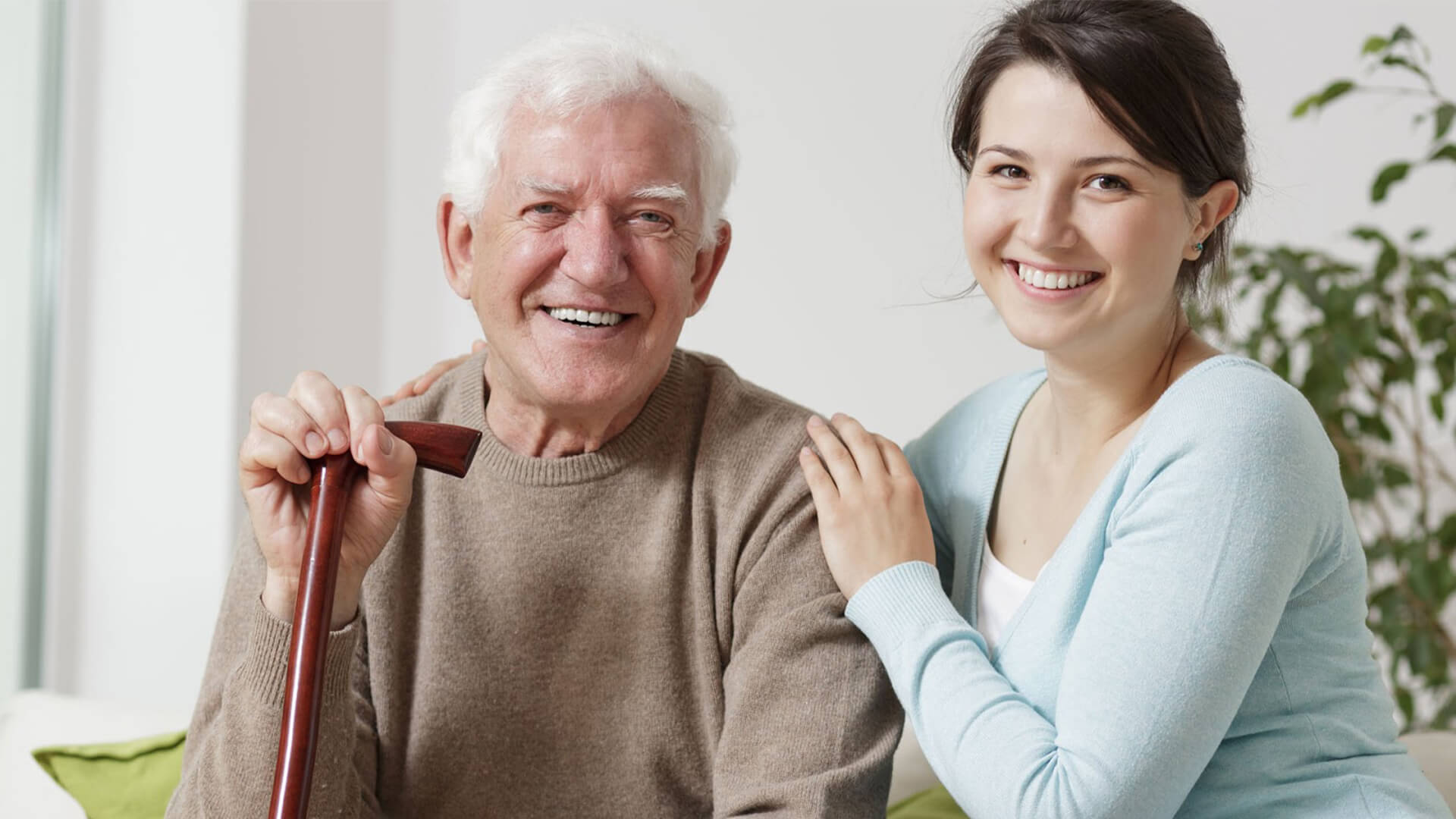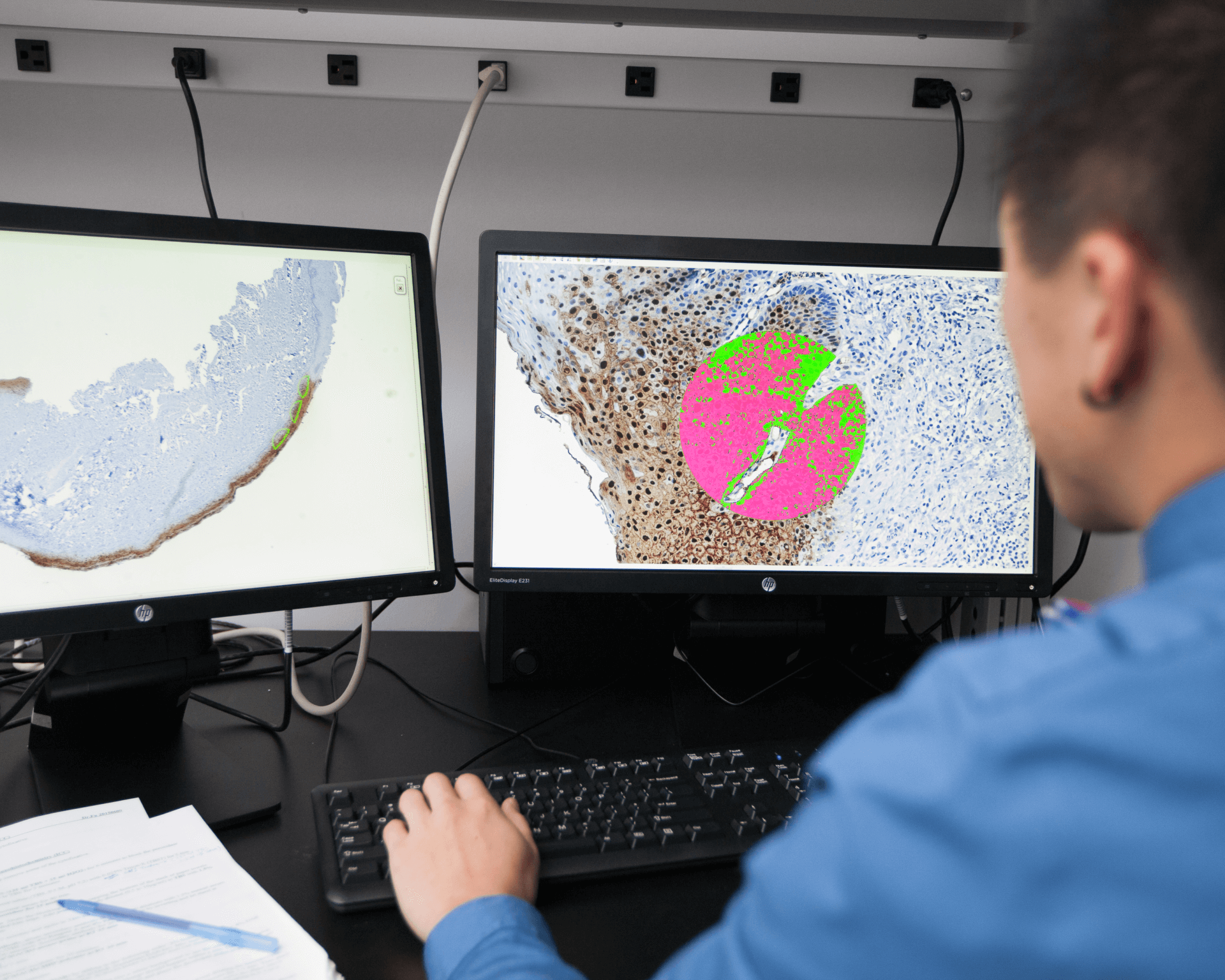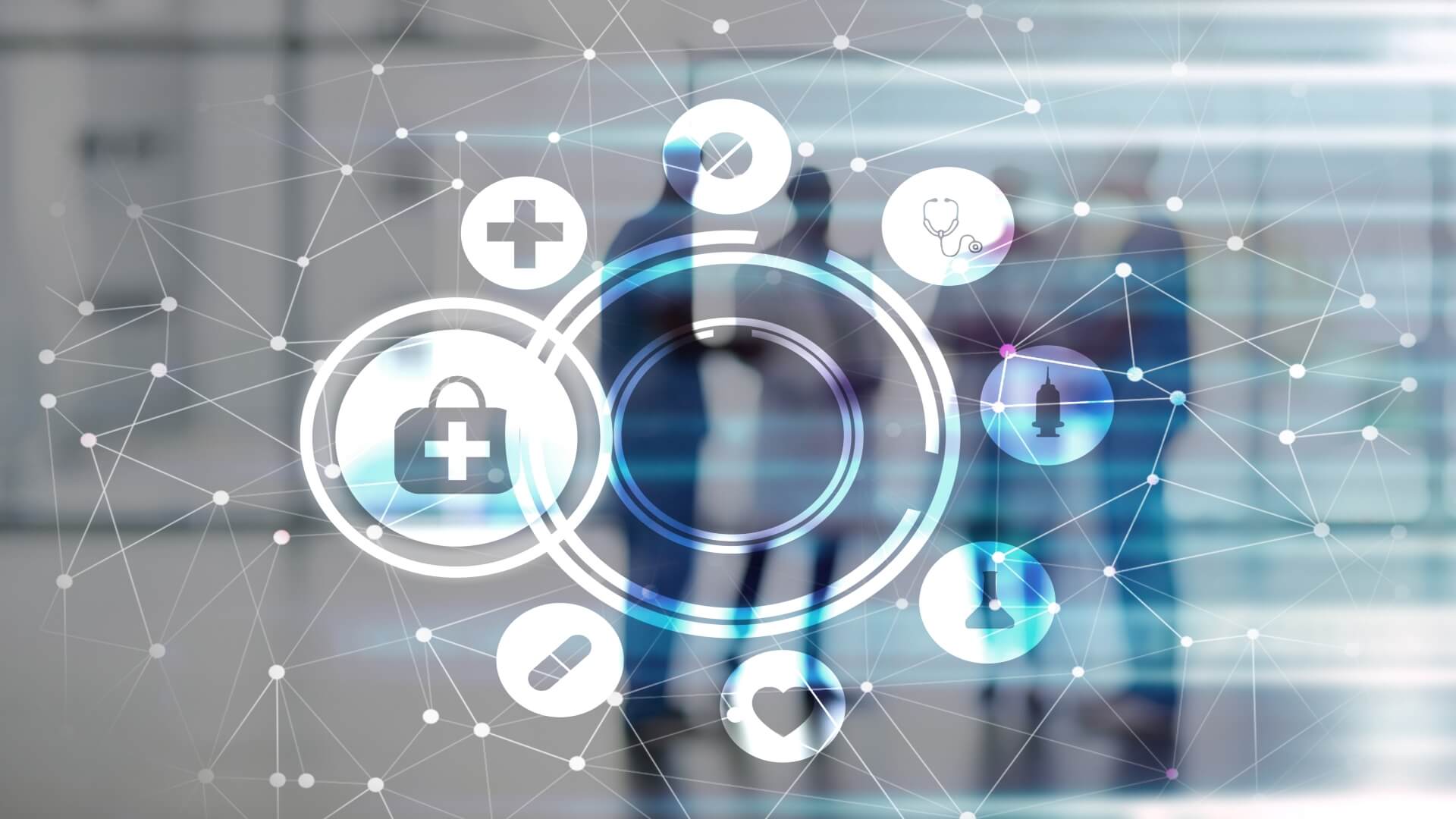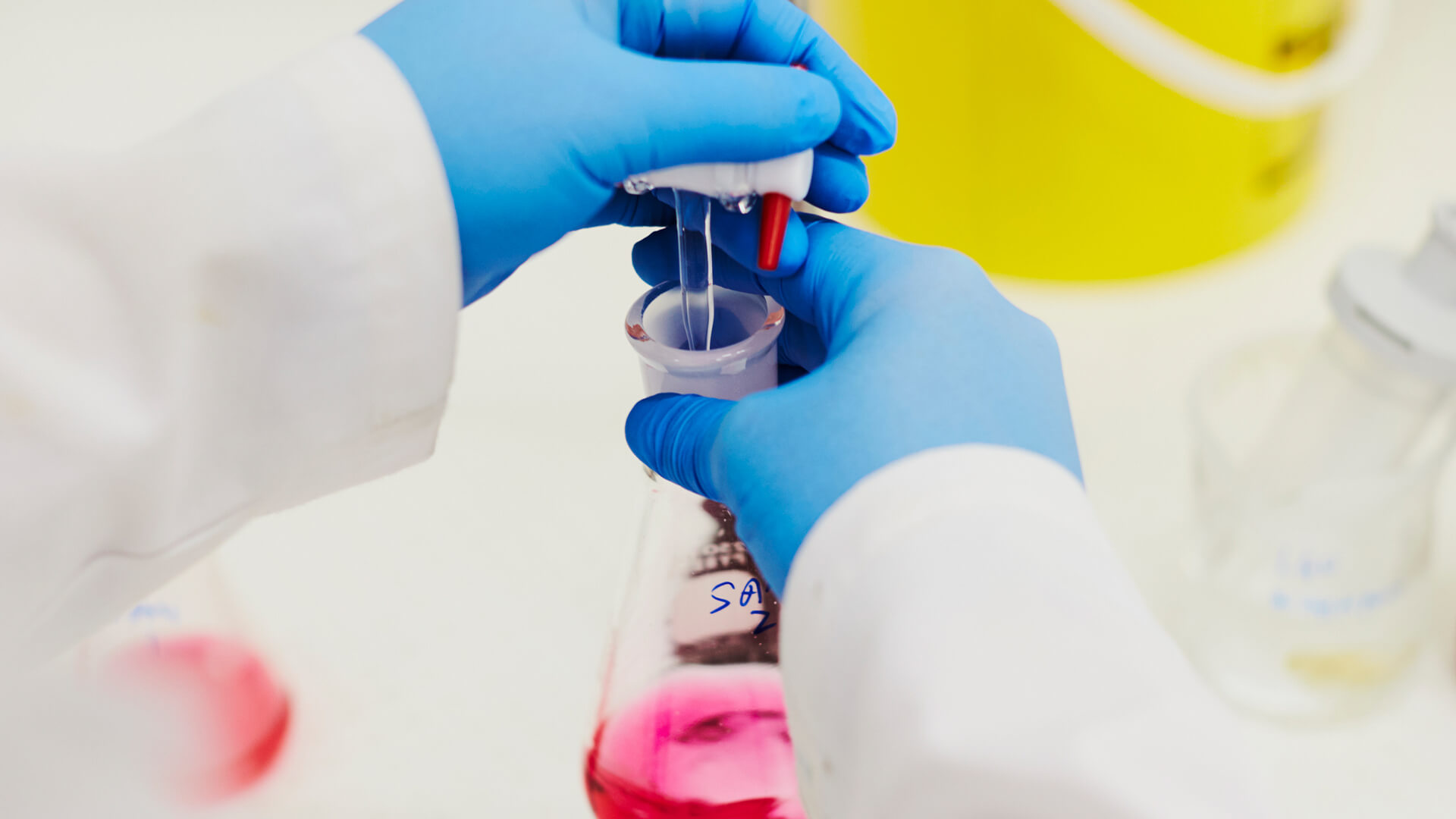Helen Dempster, founder of healthcare tech start-up Karantis360, tells us more about her innovative solution to a familiar problem she and her family experienced.
In the UK, there are 12 million people over the age of 65, many of whom would like to stay in their own homes in later life or when receiving care. This option, however, is not always viable.
Karantis360 is an automated personal monitoring and alerting system specifically designed to promote independent, home living for older or infirm people, particularly those living with Alzheimer’s or dementia or to enable early release from hospital for clients where monitoring is required.
Having struggled to help her family look after her grandad in old age, company founder Helen Dempster looked at how technology could make the experience easier for others. She explains exactly what the firm offers and how its unique product ensures that Karantis360 stands head and shoulders above competitors within the industry.
“Using a non-intrusive system of sensors and machine learning, Karantis360 flags exceptions to a person’s normal routines and habits, such as whether they got out of bed, are sitting in a chair, have boiled the kettle, are moving around the home, etc,” she begins.
“By analysing activity data and comparing it to expected patterns, the system identifies when a person’s activity is out-of-the-ordinary and sends an immediate alert to a carer and/or family member, allowing them to respond quickly and effectively to any potential emergency.
“Using cloud and Internet of Things technologies, Karantis360 has created an app that uses sensors and artificial intelligence to monitor the care of older people in their own home, allowing them to live independently for longer and enabling caregivers to provide increased care when and where it’s needed.”
Recently, Karantis360 has announced a significant development in the form of its partnership with Lifelight, a company which provides contactless measurement of vital signs using a standard smartphone or tablet, with no additional hardware.
“The partnership means that we can now incorporate real-time clinical observations into our alerting system – with completely contactless measurement of vital signs in just 40 seconds using just a standard smartphone or tablet,” embellishes Helen. “The technology works by detecting tiny changes in facial skin colour that occurs each time the heart beats – including heart rate, blood pressure, respiration and oxygen saturations. The solution delivers clinical grade accuracy and is the only rPPG platform built to rigorous medical grade ISO 13485 and IEC 62304 standards.”
The solution provides a real-time view of a person’s wellbeing – allowing not only for timely interventions, but also the appropriate clinical actions based on real-time behavioural and physiological data.
The solution will provide reassurance to caregivers and family members by delivering a complete picture of the wellbeing of the person in a care setting. Any changes in normal daily routine or vital sign readings – which could point to a potential problem – will be indicated via automated alerts sent to the care provider and family members.
It is clear that Helen has a passion for her work and is dedicated to listening to both patients and caregivers to ensure continued customer satisfaction. However there are significant challenges within the industry that Karantis360 continues to face.
“Social care needs to undergo a rapid and long term transformation, but this can’t be achieved nor sustained by simply finding more capital to fund the same broken system,” she states. “Investing in technology can provide a solid foundation for transforming the delivery of social care through a more joined up and holistic approach throughout the entire healthcare ecosystem.
“Adopting technology to monitor individuals’ health in their own homes not only provides a safeguarding solution, but also enables behavioural and biometric patterns to be learned. The solution can therefore identify problems such as Urinary Tract Infections (UTIs), for example, at the earliest onset to begin treatment immediately. Early identification and diagnosis minimises risk of an infection escalating to a critical point that requires a visit to A&E, and possible hospital admission – saving the NHS money and reducing bed blocking.
“We are now working with several partners in the UK and overseas on large scale implementations to bring the benefits of smart, assisted living to as many individuals as possible.”
Contact Information:
Helen Dempster – Chief Visionary Officer
Andrew Carr – Chief Commercial Officer
Company: Karantis360 Ltd
Web Address: www.karantis360.com
Facebook: @karantis360
Twitter: @karantis360
Linkedin: Karantis360

















